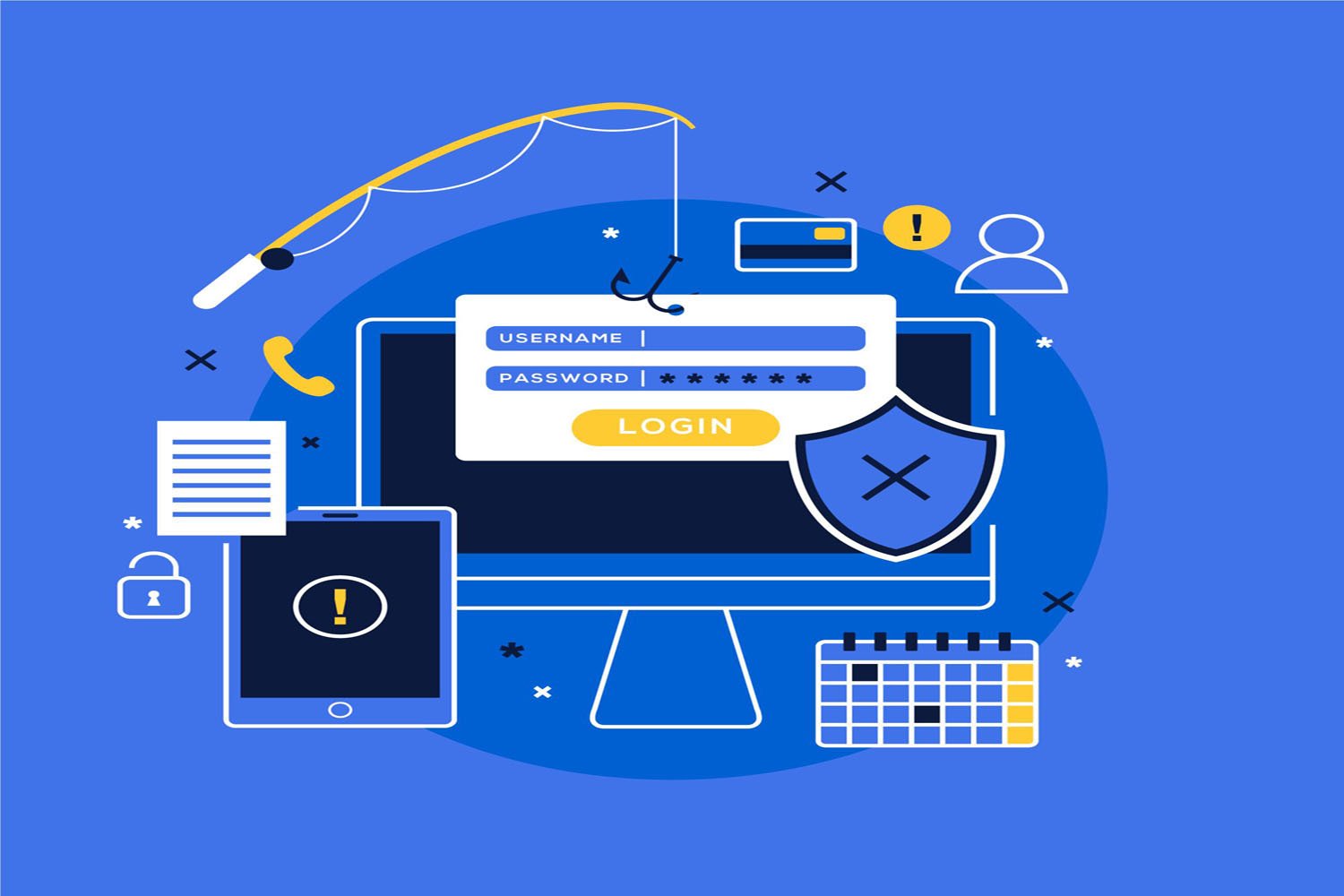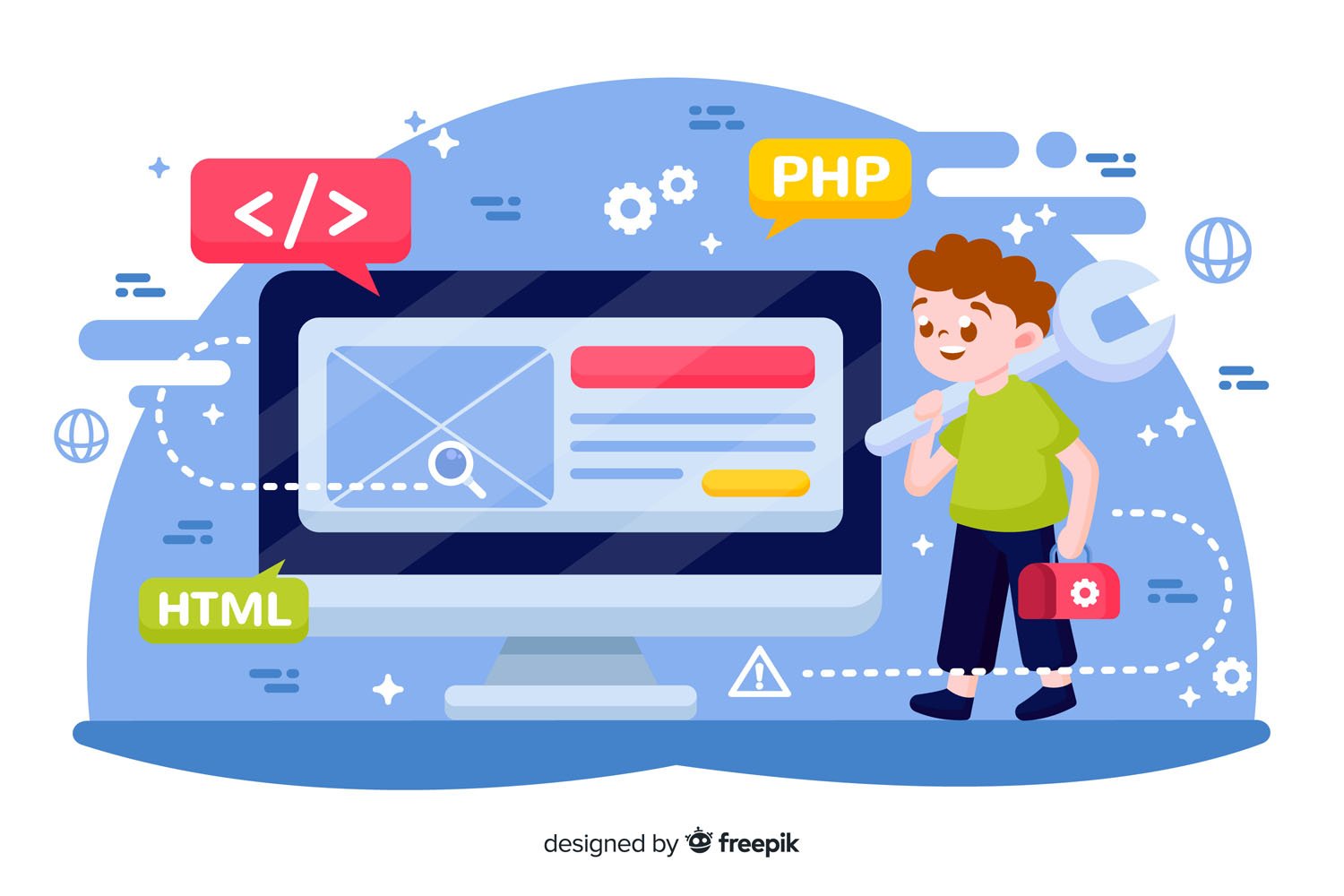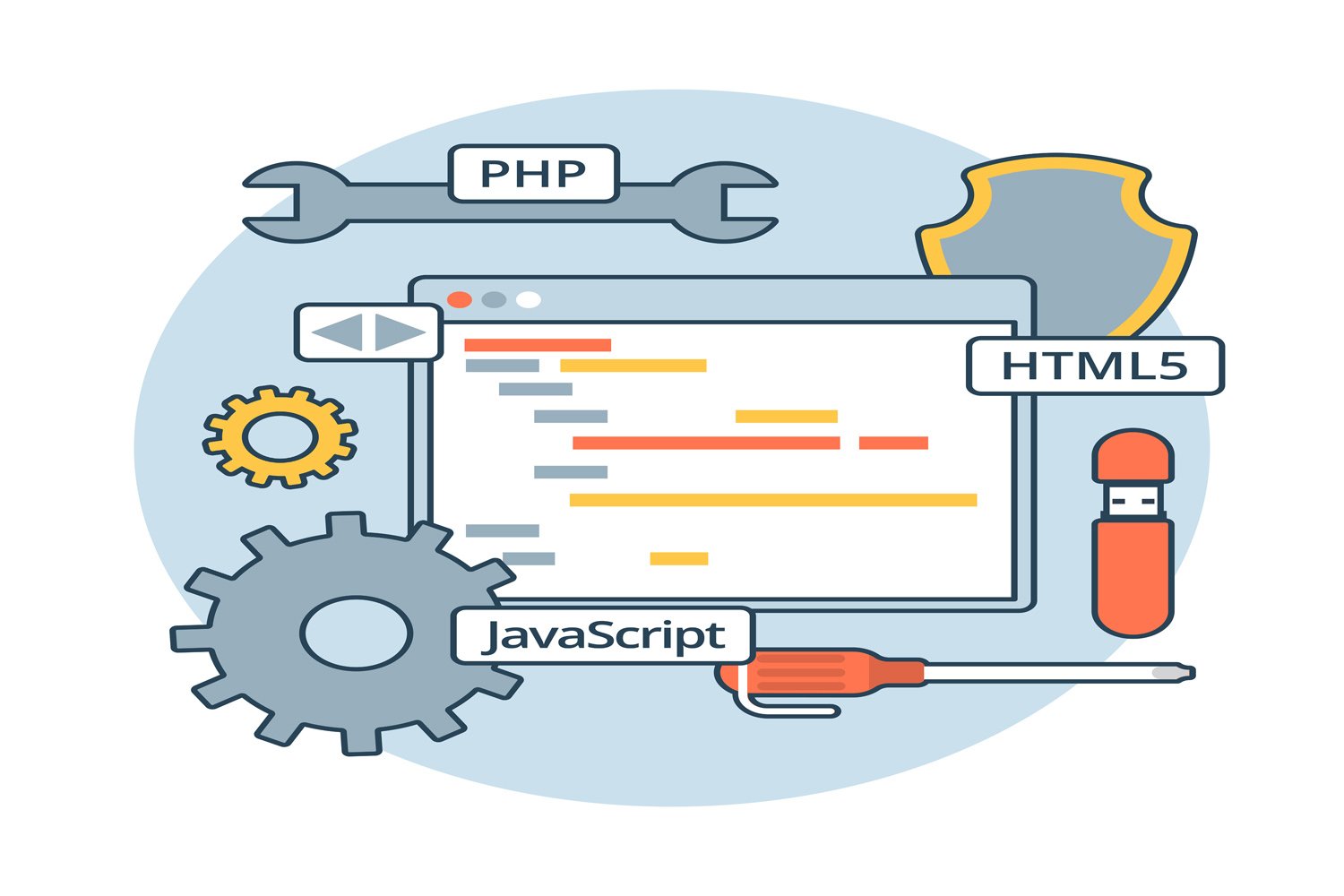
The Ultimate Guide to PHP Security: Protecting Your Web Applications
HP, originally created in 1994 by Rasmus Lerdorf, has evolved from a set of Common Gateway Interface (CGI) binaries written in C to one of the most popular server-side scripting languages for web development. It plays a critical role in creating dynamic web content, enabling websites to interact with databases, handle session tracking, and build entire e-commerce platforms. Given its widespread use, focusing on the security of PHP is crucial, as vulnerabilities can expose web applications to various attacks, compromising sensitive data and undermining user trust.










